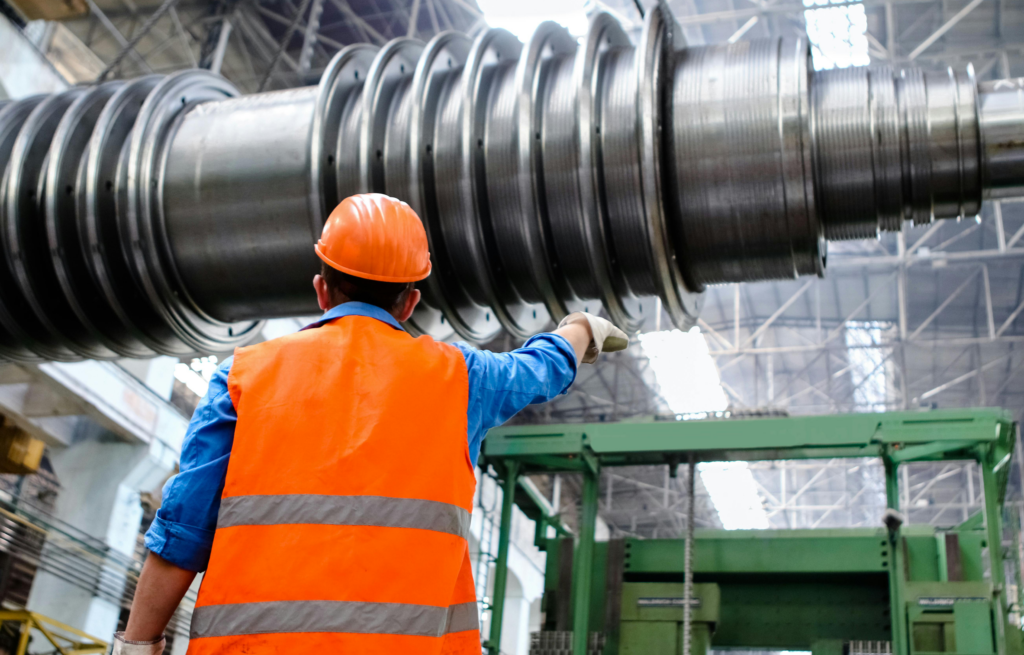Investing in a new ERP system can yield long-term benefits despite initial challenges, particularly if your company faces excessive manual processes, lacks real-time visibility, struggles to scale, has cybersecurity concerns, or experiences declining customer service.
Top 5 Warning Signs Your Business Needs a New ERP System

Key Takeaways
⇨
Companies relying on excessive manual processes may experience inefficiencies and errors, indicating a need for a modern ERP system that integrates operations and provides real-time data.
⇨
A lack of real-time visibility into inventory and operations can lead to stockouts, production delays, and quality issues, negatively affecting customer satisfaction and compliance.
⇨
Legacy ERP systems often struggle to scale with business growth, necessitating the adoption of modern systems that can handle increased data and operational demands effectively.
YOU MIGHT ALSO LIKE




